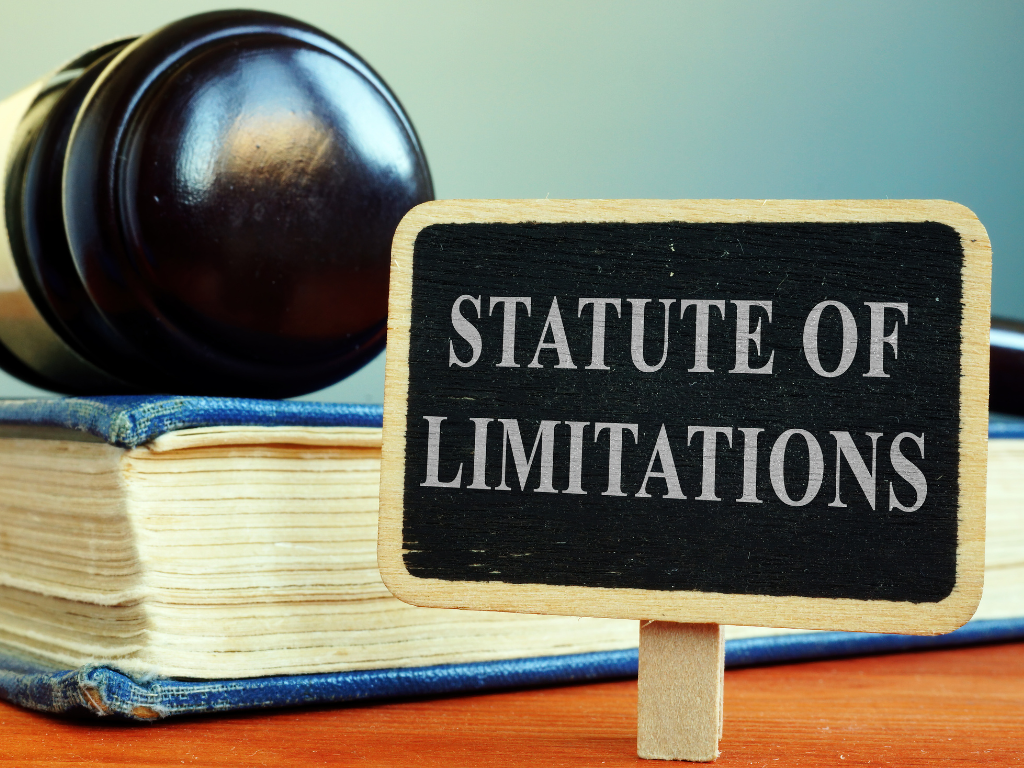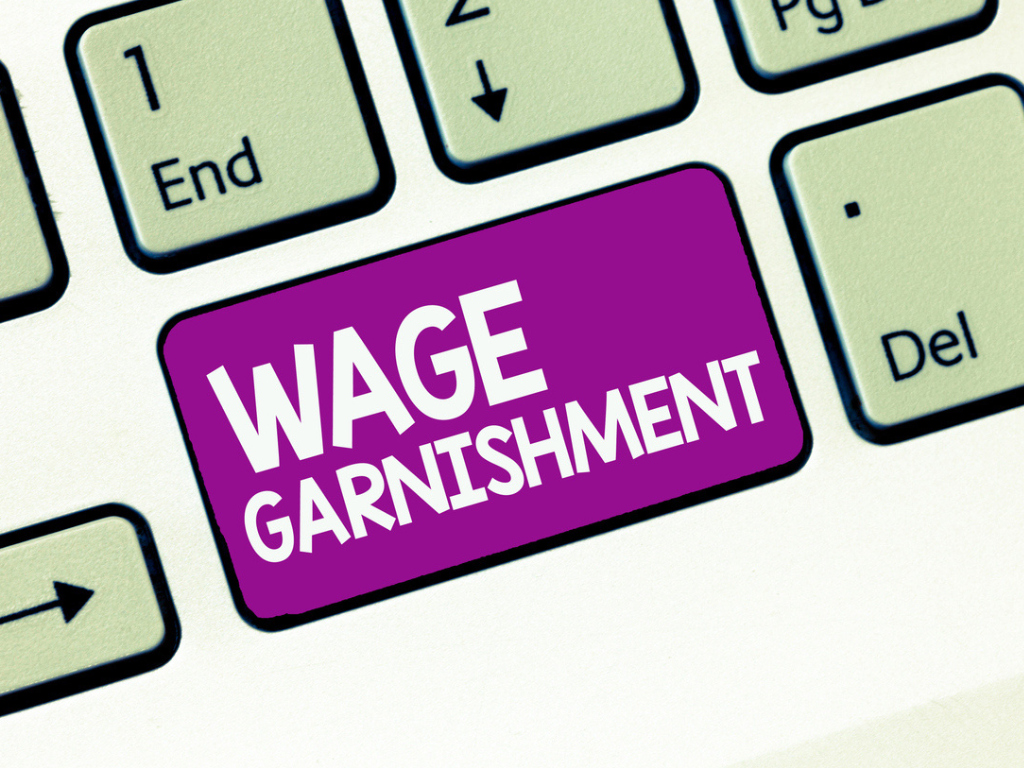If you have fallen behind with your debts, debt collection agencies may be contacted by your creditors to collect the money you owe. This can be extremely stressful, so it’s important that you know how to deal with collection agencies if and when they call. As a consumer, you have clear rights throughout the debt collection process, so in this article, we explain everything you need to know about what to expect, the laws protecting you, and the long-term effects on your credit score of leaving accounts in default.
When Will a Debt Collector Get Involved?
A debt collector is responsible for collecting unpaid debts. Some creditors will have an in-house collection department. Others may hire an outside agency to operate as a third party on behalf of the company you owe money to. Creditors can also sell your debt to a collection agency so, in that instance, they are acting for themselves.
Most creditors will attempt collection themselves for a period of three to six months. They will issue a notification letter advising you that you have an overdue invoice and requesting payment. This notice may be sent by regular mail or email. They may also phone you to discuss how to bring your account current.
Eventually, however, if you remain in arrears your account can be sent to a collection agency to directly contact you to make payment arrangement.
A creditor will only place your debt with one collection agency at a time.
What debts are sent to collections?
Common accounts referred to a collection agency include credit cards; lines of credit, utilities such as your cell phone bill, bank overdrafts, even student loans. These types of loans are called unsecured debt. If you default on a mortgage or car loan payment or other secured loans, your creditor will first attempt to collect by enforcing their collateral. If there is a shortfall, they may refer that debt to an outside agency for recovery.
The Canada Revenue Agency has special collection powers and does not generally use a third party collector. This would apply to tax debts, federal student loans, EI overpayments, etc. In some cases, the National Student Loan Centre will use a third party lawyer for court judgments.
Some provincial ministries may use third-party collectors for older provincial student loans. These loans are from when there use to be more of a division between the federal and provincial portions of student loans.
What Happens When a Debt Goes to Collections?
You should receive written notice when your debt is transferred to a collection agency. This notice will include:
- The name of the collection agency and the person you’re speaking with
- The creditor they are collecting on behalf of
- Contact information for the collection agency
- The amount you owe
When you receive a written notice, it’s essential that you contact your creditor right away to negotiate either a partial payment or a payment plan to repay your debt in installments.
What should you do when a debt collector contacts you?
We don’t typically recommend that you ignore a collection call. They will just keep calling. However, don’t be bullied either.
The first thing to do is to make sure that the debt amount is correct and that it belongs to you. So when the debt collector calls, ask for detailed information about:
- the name of the person calling and who they work for
- the name of the original creditor and details about the debt
- the phone number of the collection agency
Keep the call brief, write down any details.
If you don’t believe the debt is yours, tell the debt collector they have made an error. You may also want to get a free copy of your credit report to see if the debt appears on your report.
If you are unsure about the debt or the amount, tell the collection agency that you are going to verify that the information they have is accurate and that you will contact them once you have done so.
Should you pay off your debt to a collection agency?
If the debt is yours, your options are to:
- arrange full payment
- offer to make monthly payments until the debt is paid off
- offer a settlement amount if you can’t afford to pay off the entire amount
- tell the creditor you can’t afford any payment
If you choose to make a payment plan or offer a settlement, offer a good faith payment, even a small one. This can show the agent you are serious about your intent to deal with the debt.
It’s also important that you keep a clear paper trail. If you make payments never pay in cash, always get a receipt. Confirm any settlement or repayment agreement in writing. Whatever you agree to, stick to that plan.
If you can’t afford to repay the debt in full, or the agent won’t accept a low enough settlement offer, you can consider filing a consumer proposal. This is a formal government debt settlement program available through a Licensed Insolvency Trustee. It works best if you have more than $10,000 in debts and multiple debts you can’t repay.
What if it’s an old debt?
If the debt is an old debt, it may fall under the statute of limitations for collection. But what does this mean exactly?
If your debt is older than the statute allows – in Ontario for example if it has been longer than 2 years since the last activity – a debt collector can no longer successfully sue you for collections. If they do issue a lawsuit, your defense is that the debt is past the limitations period. Delinquent debt will also remain on your credit report for a period of 6 years from the last activity date.
However, this does not mean the debt goes away. You will always owe that money so they may continue to contact you. This is why you may be receiving a collection call for a 10-year-old debt.
Whether you choose to pay an old debt is up to you. It will fall off your credit after 6 years but collection agencies can still call. If you want to stop the calls, you can offer to settle. Only make this offer if that is what you intend to do. Otherwise, ignore the calls.
Will debt collectors sue me?
Debt collectors can sue you to collect on an unpaid account however, collection agents often threaten to sue even though they have no intention of doing so.
You may be sued if:
- your debt is large enough to warrant the legal costs (generally over $3,000)
- the debt is not past the statute of limitations (and if they do sue, you have a defense)
- you have a stable income
- the collection agency has enough documentation to validate the debt such as invoices or signed agreements.
Once the creditor receives judgment (confirms with the court that you owe the debt) they can request an order for a wage garnishment or pursue other collection enforcement.
How Do Collections Affect Your Credit Score?
Negative information on your credit report will include any missed payments, accounts sent to collections and judgments. According to Equifax:
- late payments remain on your credit report for 6 years from the last missed payment
- judgments remain for 6 years
- accounts marked as in collections will remain for 6 years from the original default date
If you make a payment on an account in collections, it remains on your credit report for the full term although it will be marked as paid.
If you choose to file a consumer proposal, the account will fall off your credit report the earlier of 3 years after completion, or 6 years after the date you filed.
What a Debt Collector Can and Cannot Do.
There are strict laws concerning how debt collectors operate. Debt collectors can contact you multiple times, call you at your workplace and pursue legal action.
Debt collectors cannot do any of the following:
- Contact or intimidate your friends, family, neighbours or your employer concerning your debt. They can, however, contact them to get your telephone number or address.
- Threaten, intimidate you or use unreasonable pressure to demand payment.
- Lie to you or give you misleading information
- Call you on your mobile phone, unless you have provided that number as a means of contact
- Contact you in person or on the phone during the night.
- Contact you on a holiday.
Exact times vary in terms of when collection agencies can call. In Ontario, for example, they can only contact you between 7 am and 9 pm and 1 pm to 5 pm on a Sunday.
If you feel that the debt collection agency you are dealing with isn’t respecting your rights, you can make a complaint by contacting the Financial Consumer Agency of Canada.
What To Do if You Can’t Pay.
Collection agencies rarely stop calling however you do not have a legal obligation to talk with bill collectors.
If you can’t afford to pay and it’s just a small debt or an old debt, tell them you can’t pay. If you are unemployed, on disability or a fixed pension, explain that you have no income and hang up. To avoid calls, do not give them any additional information like your place of work or other contact information. If you call them back from a different number, block the call.
If the debt is large enough, collection agents will continue to call. Their objective is to collect since they are paid a commission. In this case, contact a professional to discuss alternatives to eliminating the debt including:
- a debt management plan if you can afford to repay
- consumer proposal to settle debts over $10,000
- bankruptcy
What Are The Statute of Limitations in Canada & How Do They Work

Limitation periods place pressure on creditors who wish to sue you to do so within a particular period of time. After the expiration of this period, it is much harder—and often impossible—for a creditor to collect money from a debtor... Read more » Read More
How to Stop a Wage Garnishment

If you don’t pay your debts your creditors can go to court to sue for the amount owing to collect your debts through a wage garnishment. If a creditor garnishees your wages, they obtain court garnishment order that directs your... Read more » Read More

